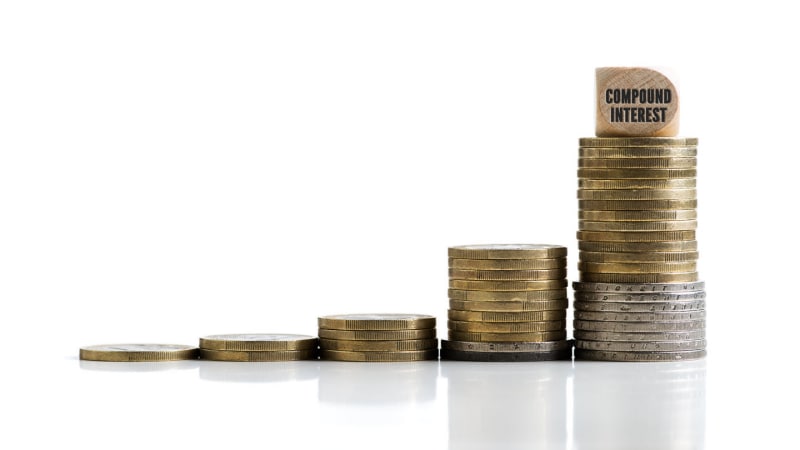The importance of cash management

Quick insights
- Cash management is the process of optimizing cash flow to help ensure financial stability.
- Positive cash flow indicates that you have more money coming in than going out, while negative cash flow suggests the opposite.
- Budgeting, saving, reducing debt and having a plan for excess cash are all components of good cash management.
Cash management is a financial principle that may help you improve your long-term financial outlook. This term may be more familiar to business owners, but it's applicable to personal finance as well.
For individuals, cash management involves keeping track of how much money you have, planning how to use it and making sure you have enough to fund your needs, goals and unexpected expenses.
Read on to learn about the importance of cash management and how to incorporate its principles into your personal finances.
Cash flow and cash management explained
Cash flow refers to the movement of money in and out of an individual's financial accounts. It includes income as well as expenses like bills, groceries and housing. Positive cash flow indicates that more money is coming in than going out, while negative cash flow suggests the opposite.
Cash management, on the other hand, involves the strategies and practices used to monitor, analyze and optimize your cash flow. It helps ensure that individuals have enough money to cover their expenses while also saving for their goals and investments.
Why is cash management important?
Good cash management means using your money strategically. It helps you avoid letting money sit unused and instead puts it to work by paying off debts or investing in ways that can grow your wealth.
Ways to improve and manage cash flow
Here are some ways to practice good cash management and potentially improve your cash flow:
Create a budget
Budgeting is one part of effective cash management. A budget is a detailed plan that outlines your expected income and expenses over a specific period. With a budget, you can plan to allocate funds for regular and unexpected expenses. Routinely setting aside time to review your budget can also help you spot opportunities to improve your cash flow.
Save
Automating savings transfers is one way to support good cash management. When you automate your savings, you may end up treating these withdrawals as a fixed line item in your budget, making it more difficult to spend that money on unnecessary purchases. Automatic savings transfers can be used to fund your goals and create a financial cushion.
An automatic savings plan generally involves regular deposits of a predetermined amount into a savings account. Many automatic savings programs operate on a consistent schedule, such as monthly or biweekly, and can follow a variety of methods.
Reduce debt and expenses
If you want to become more cash flow positive, you may be looking to reduce your debt or eliminating recurring expenses. Both actions can help to free up income to put toward savings or goals.
There are a few different debt payoff strategies to help you eliminate your debt more quickly. Similarly, you may want to regularly review your expenses to see if there are any you can reduce or eliminate.
Have a safety net
Having money set aside for emergencies and unexpected financial hardships is one key part of cash management. A safety net may help you meet your financial obligations even during hardships like job loss or medical emergencies.
For many people, this is an emergency savings fund. People have different estimates about the best amount to save in an emergency fund, and the answer will depend on your income and spending habits. Generally, your emergency fund should have somewhere between 3 and 6 months of living expenses.
Have a plan for excess cash
Having a plan for excess cash is a part of good cash management because it ensures that surplus funds are used effectively rather than being spent impulsively. By strategically allocating extra cash, individuals can bolster their savings, pay down debt or invest in opportunities that align with their financial goals.
Additionally, having a clear plan for excess cash helps prevent unnecessary or impulse purchases and can help encourage financial discipline which may contribute to your long-term financial success.
In summary
Cash management can help individuals create financial stability while funding their everyday expenses and financial goals. While cash management is a phrase more commonly used in the corporate world, individuals can follow this financial principle too by budgeting, saving regularly, eliminating expenses, having a safety net and creating a plan for excess cash.
The goal of many individuals or businesses is to be cash positive—which is having more cash coming in than going out. Cash management can help you be cash positive and focused on your financial future.



